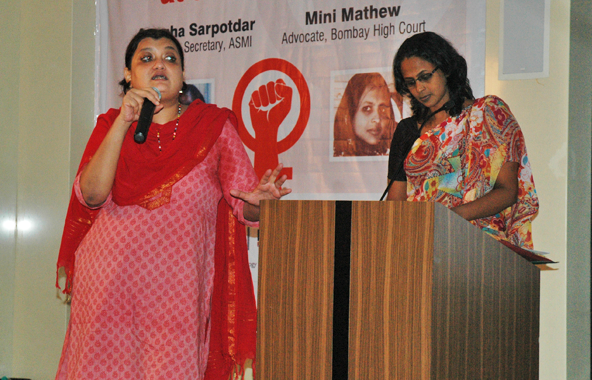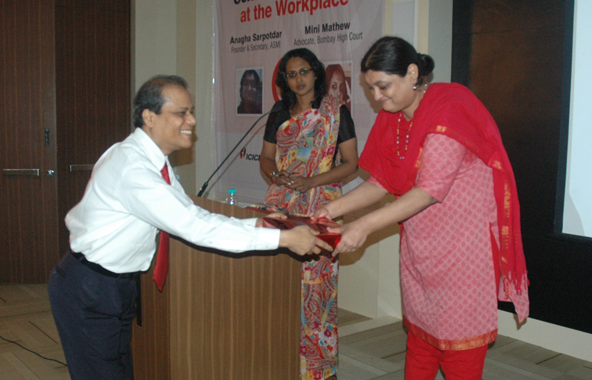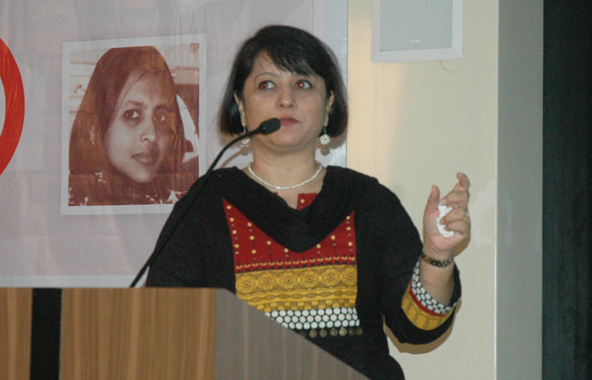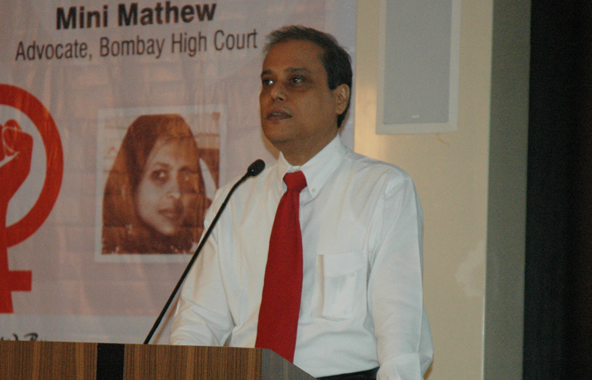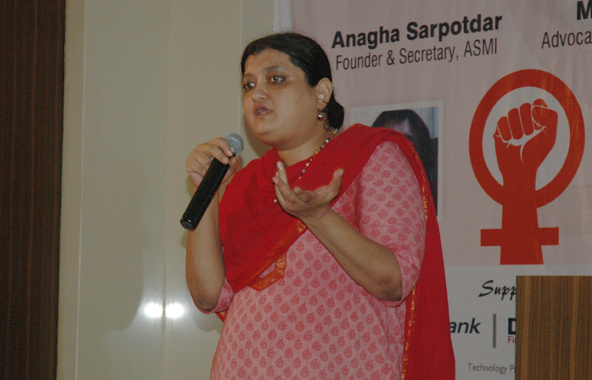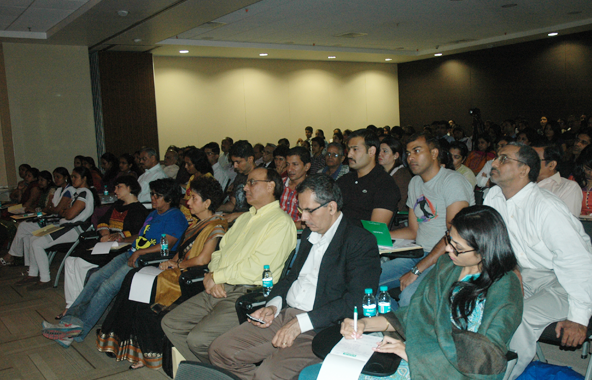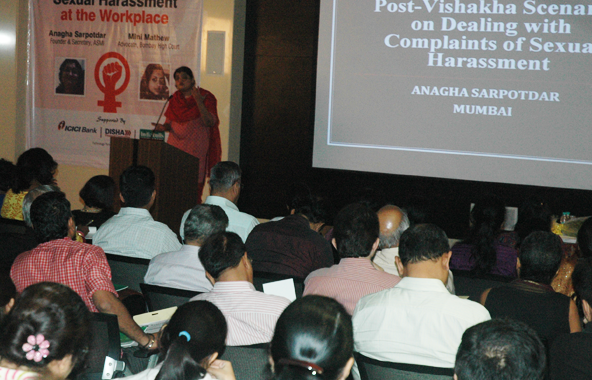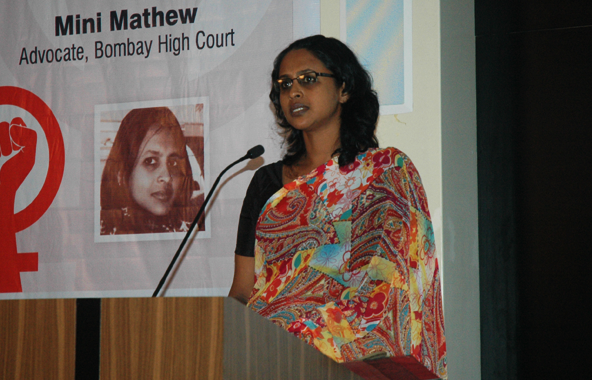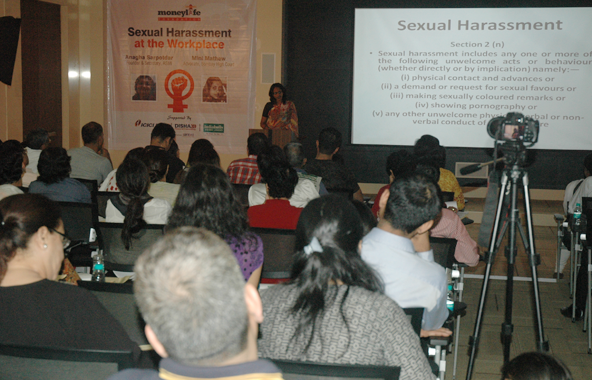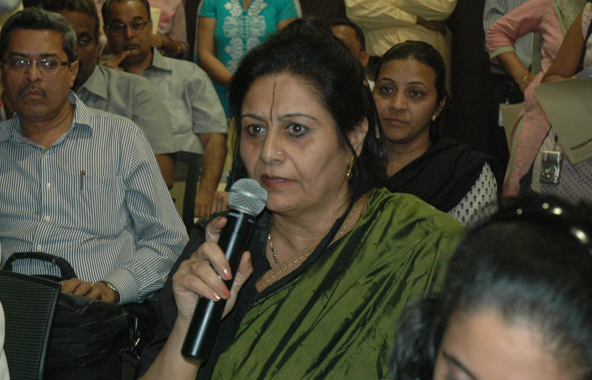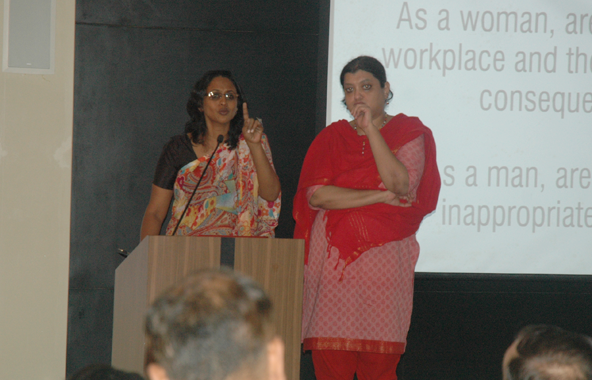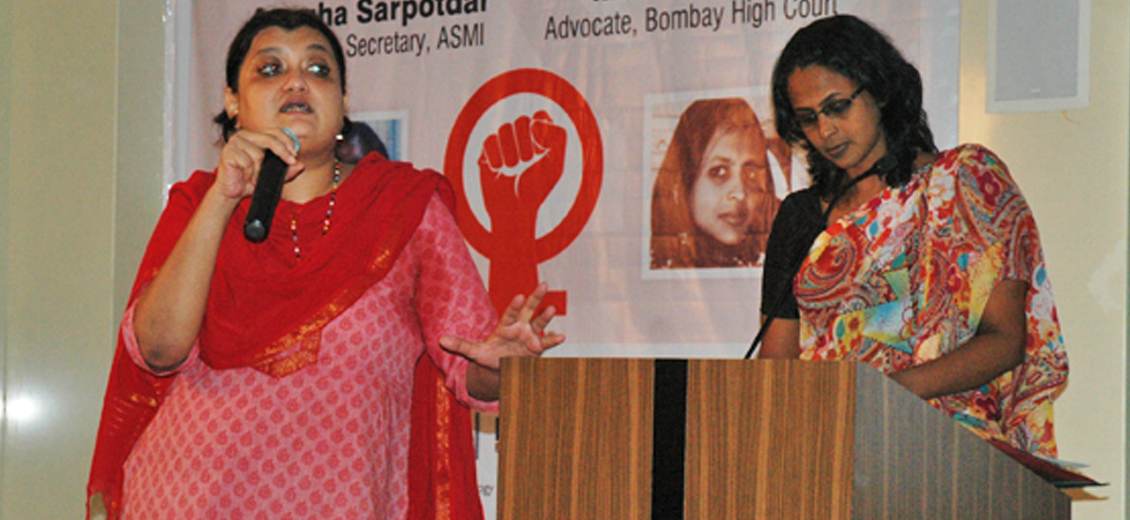
Media coverage of the complaint against Tarun Tejpal and Justice Ganguly (retired Supreme court judge) have only brought home the fact that most people are clueless about the stringent new provisions of the Sexual Harassment of Women at Workplace (Prevention, Prohibition and Redressal) Act, 2013 (Act).
Moneylife Foundation invited Anagha Sarpotdar, a consultant of gender and socio-legal issues and Advocate Mini Mathew to address issues related with sexual harassment at workplace in its 192nd seminar held on 18 December 2013 at the Indiabulls Finance Centre, Mumbai.
Ms Sarpotdar explained the overview of the Act and its obligations and implications for companies and employees. She said, the law casts an obligation upon the employer to address the grievances in respect of sexual harassment at workplace in a time bound manner, which in several cases may not be practically possible as the employees or witnesses involved may not easily or readily co-operate.
She said, the definition of ‘aggrieved woman’ in the Act does not make a reference to victimization on the part of the employer of the employee who has made the complaint of harassment, which would be fairly common in such situations. Also, in order to cover some of the technological developments, words like ‘verbal, textual, physical, graphic or electronic actions’ should have been added in the definition of ‘sexual harassment’, Ms Sarpotdar said.
The Act mandates employer to provide a safe working environment and display conspicuously at the workplace, the penal consequences of indulging in acts that may constitute sexual harassment and the composition of the Internal Complaints Committee (ICC).
Adv Mathew explained in detail the impact of the Act on organisations, structure of anti-sexual harassment committees and compliance requirements.
Unlike some of the other laws, the Sexual Harassment Act if implemented well, which in itself would go a long way in protecting the employees’ interests and well-being in India.


